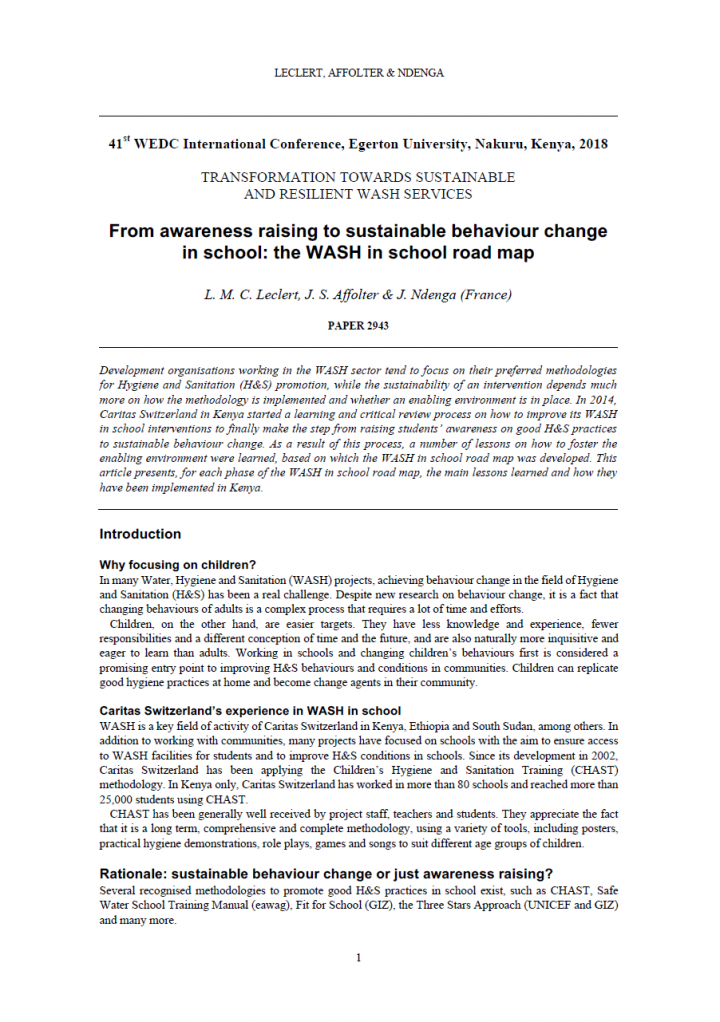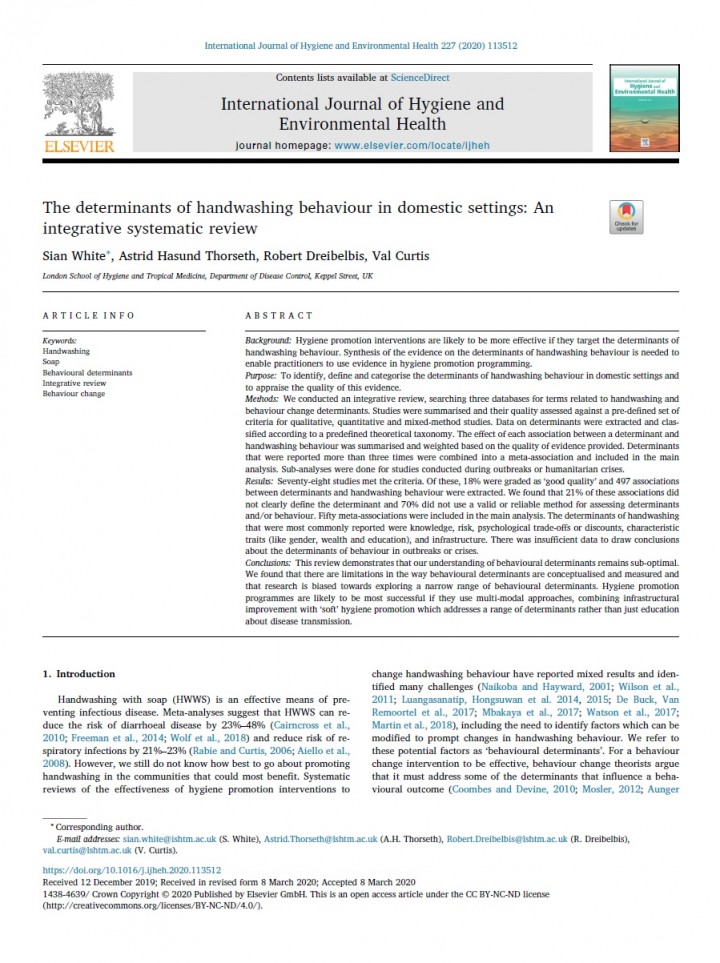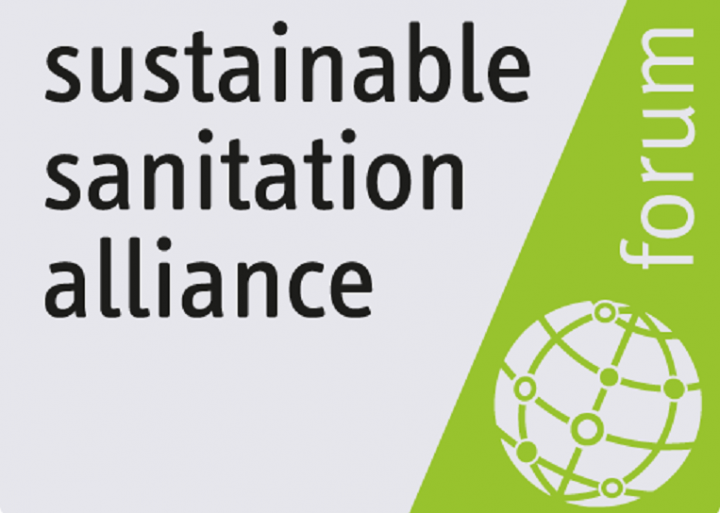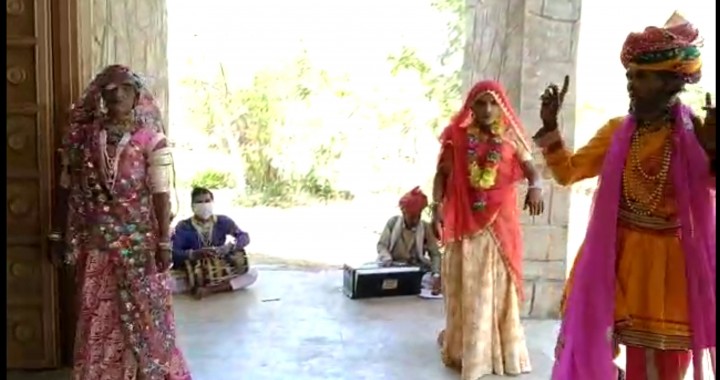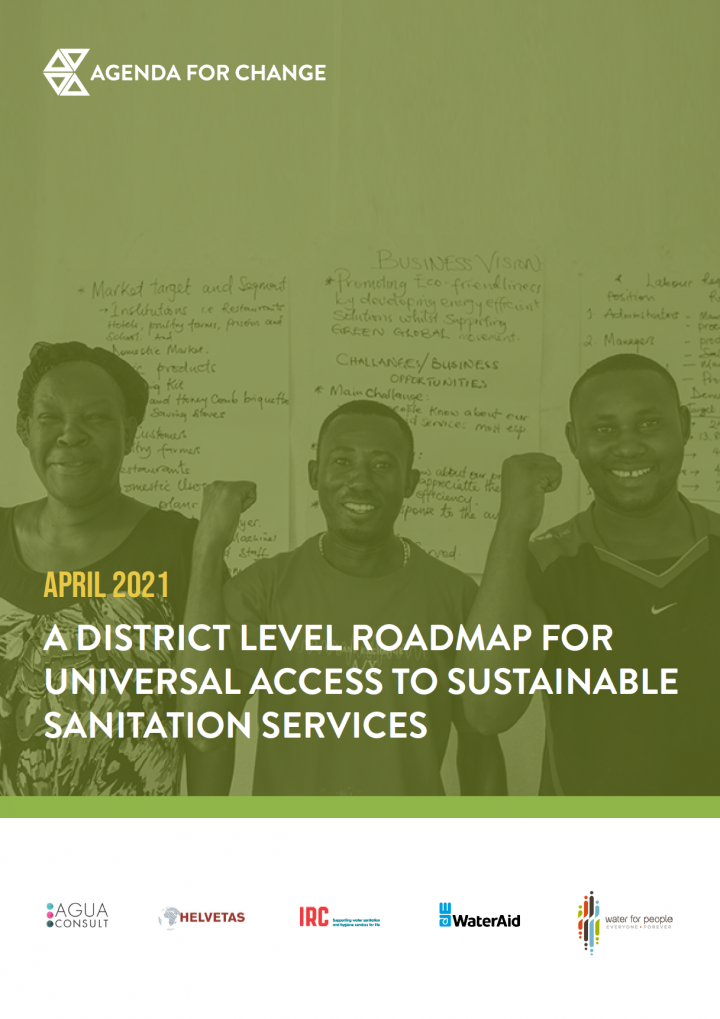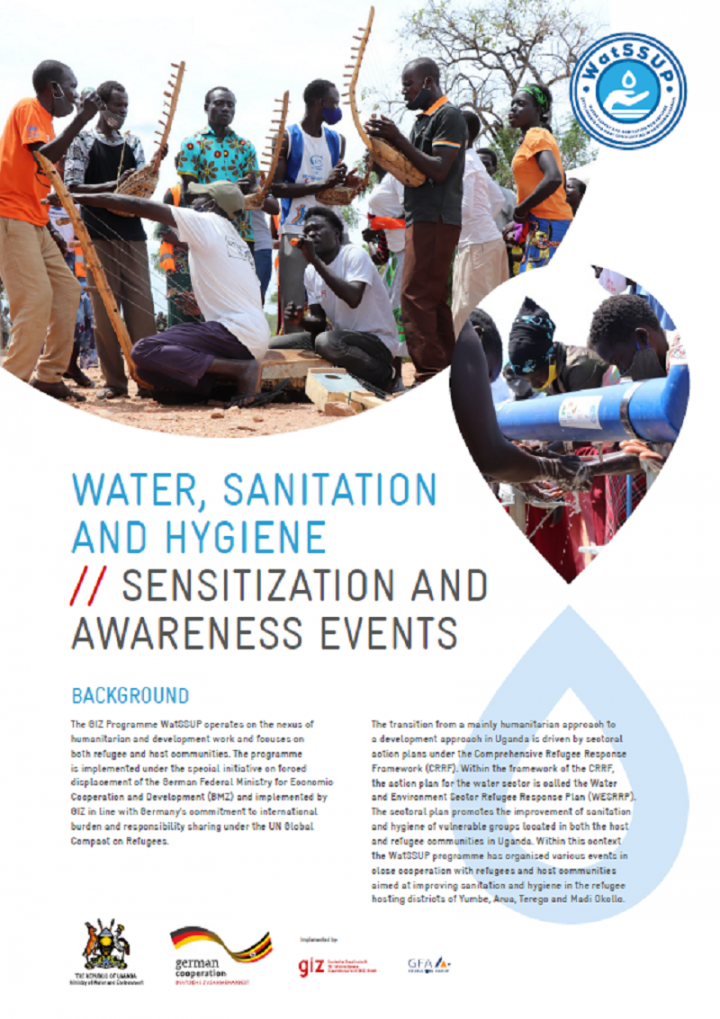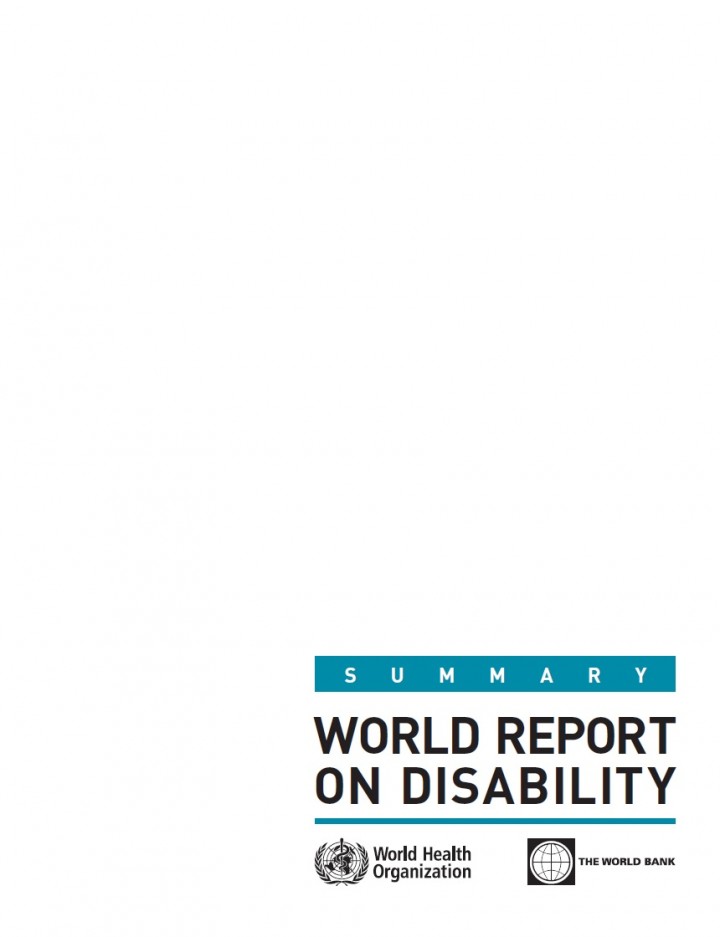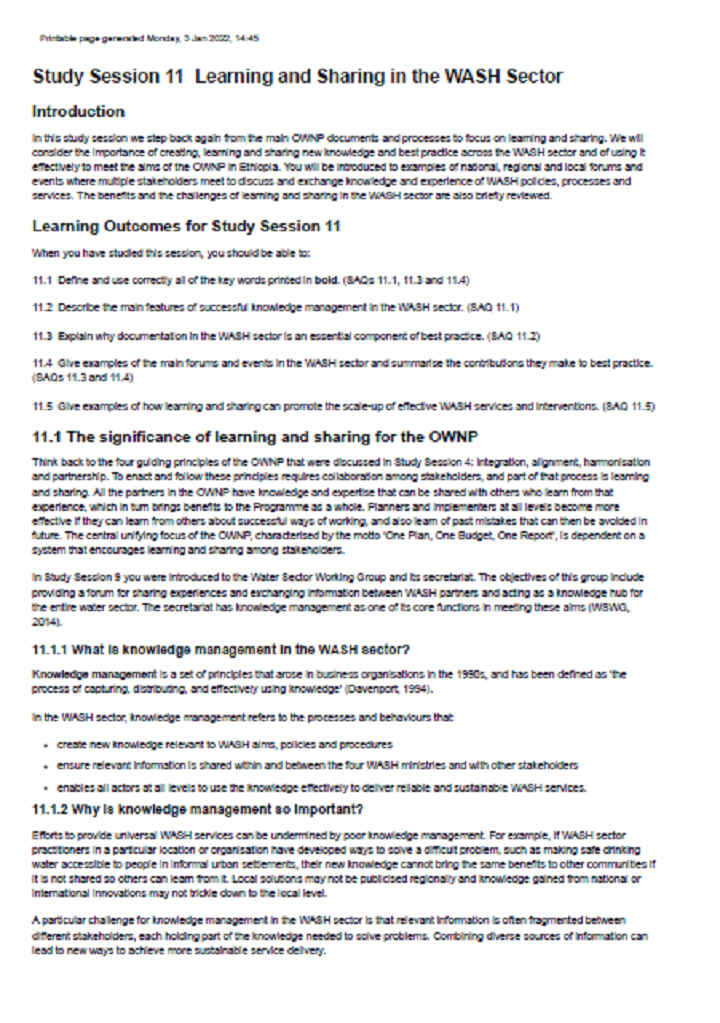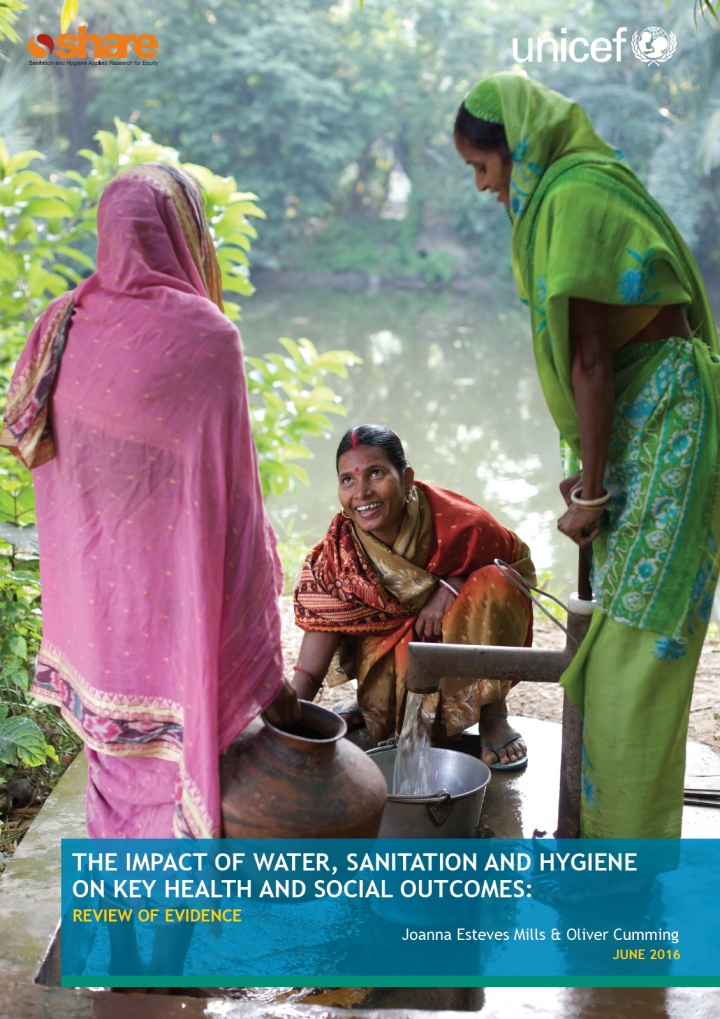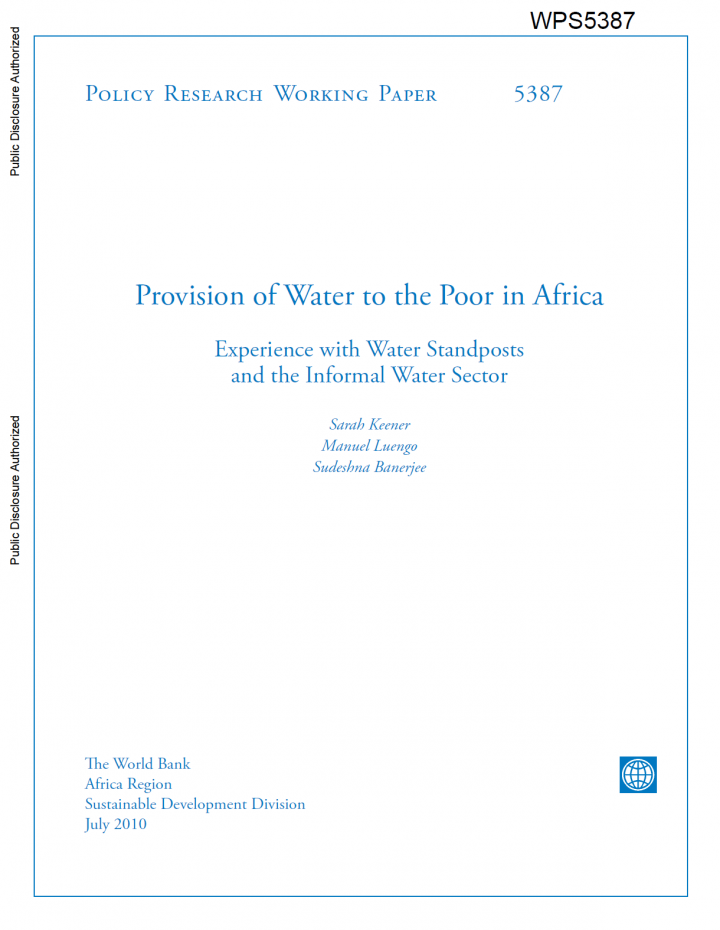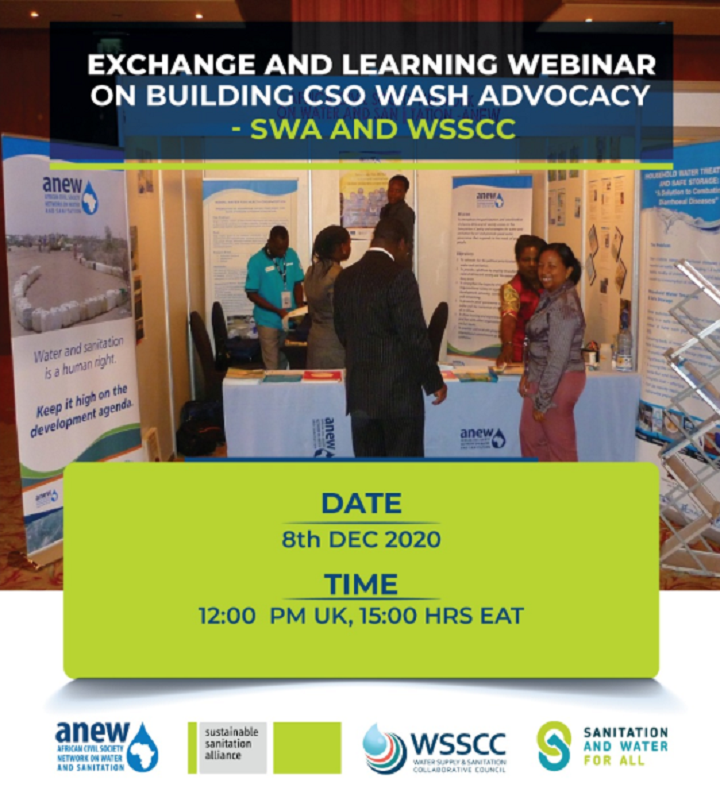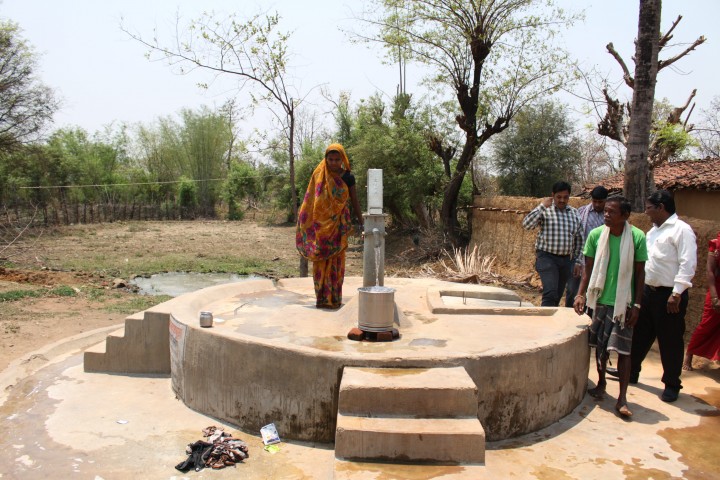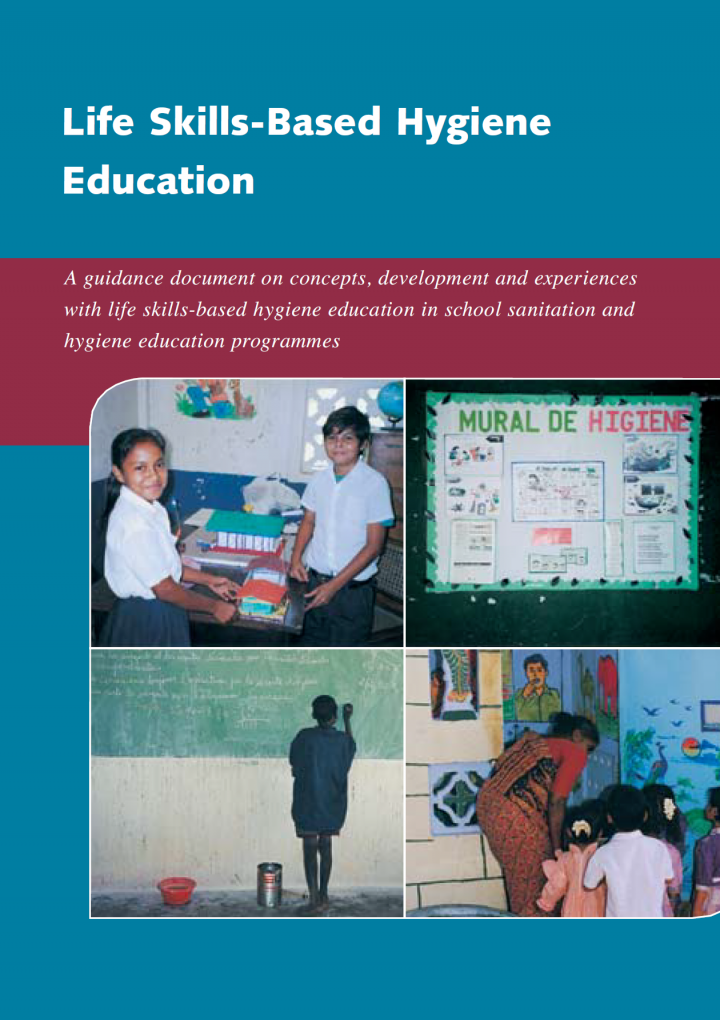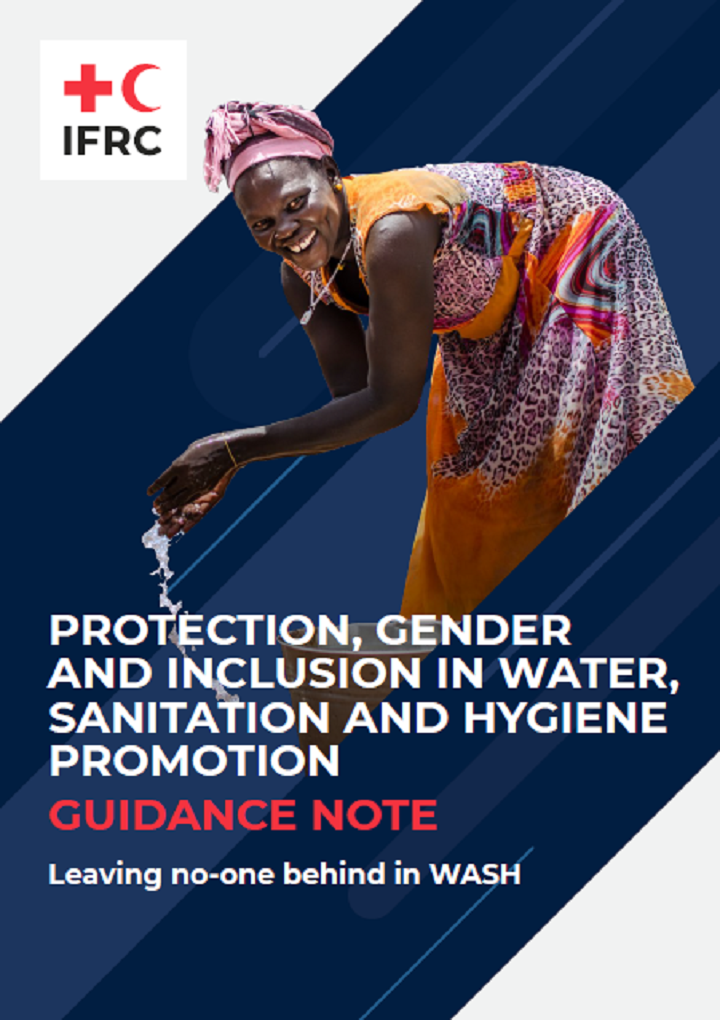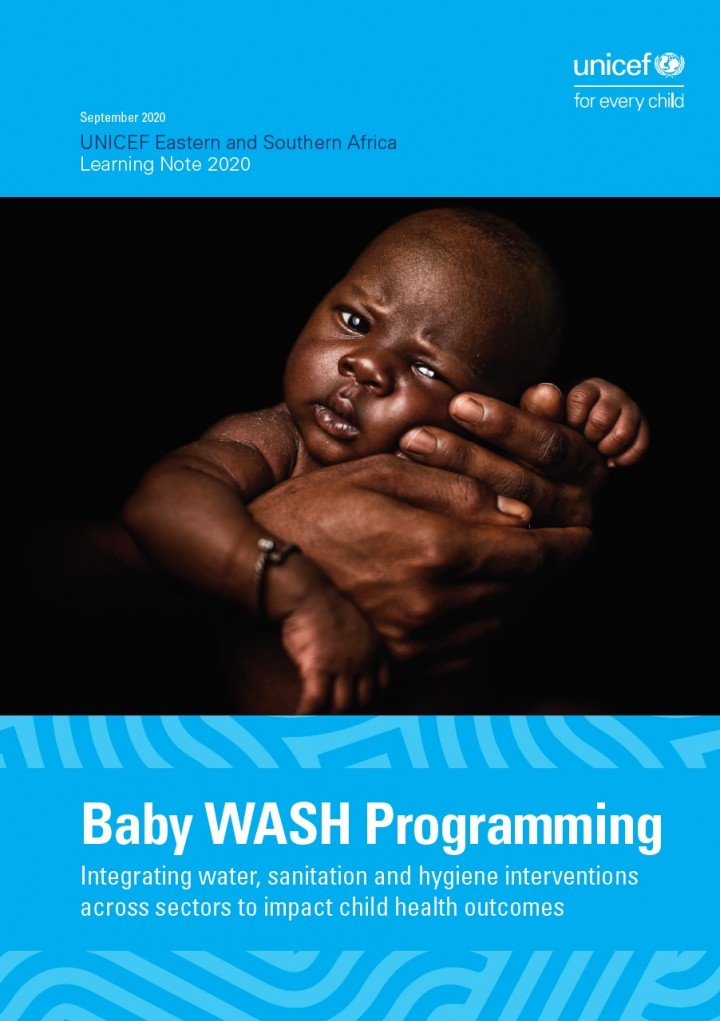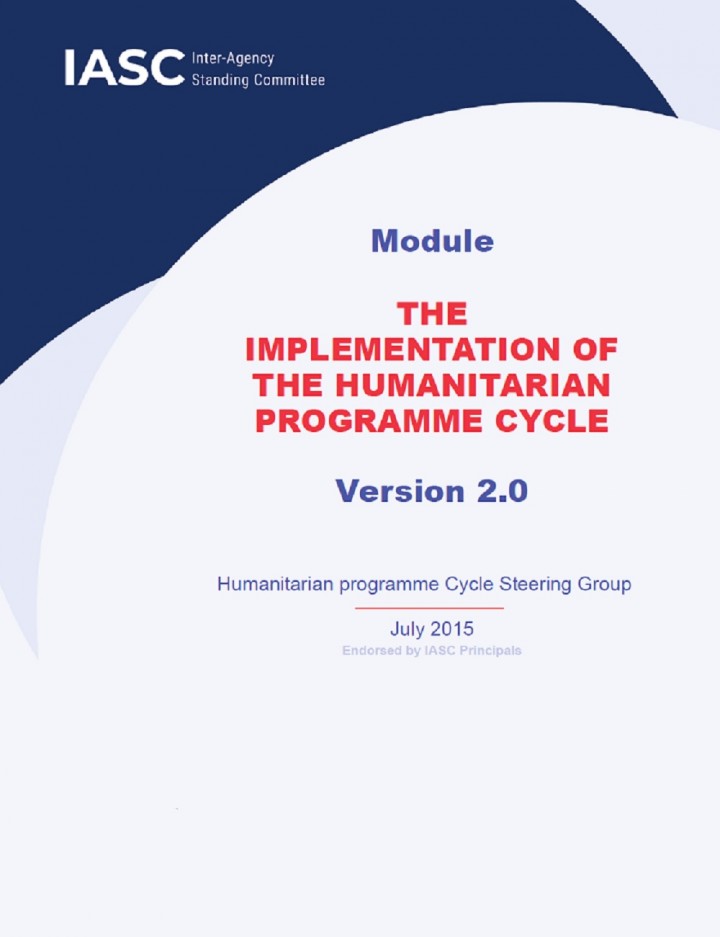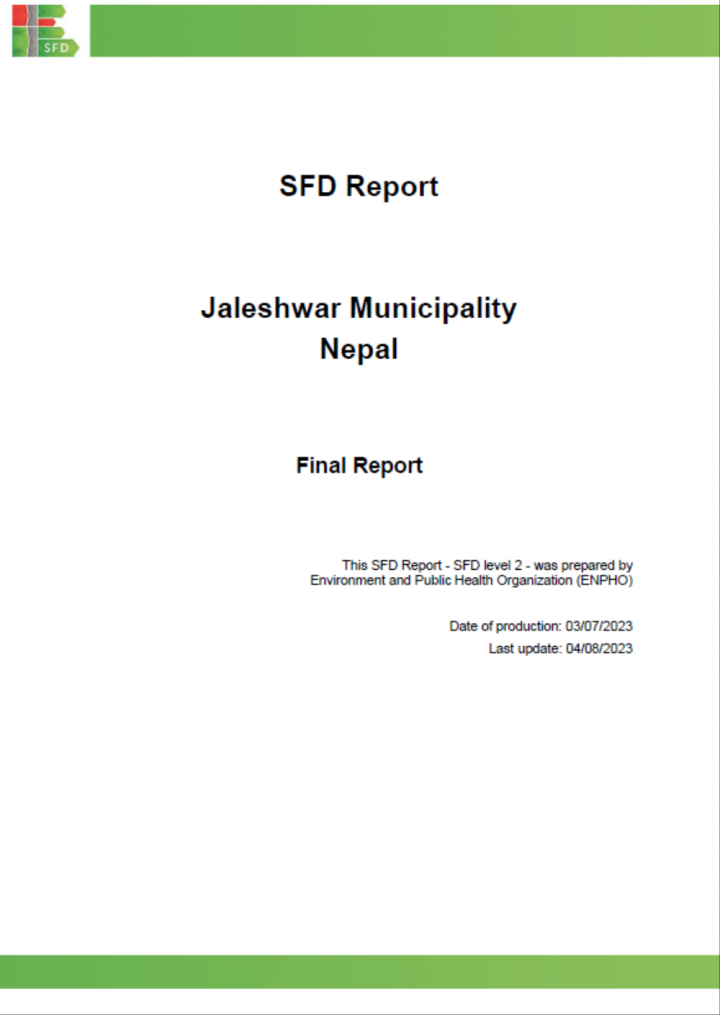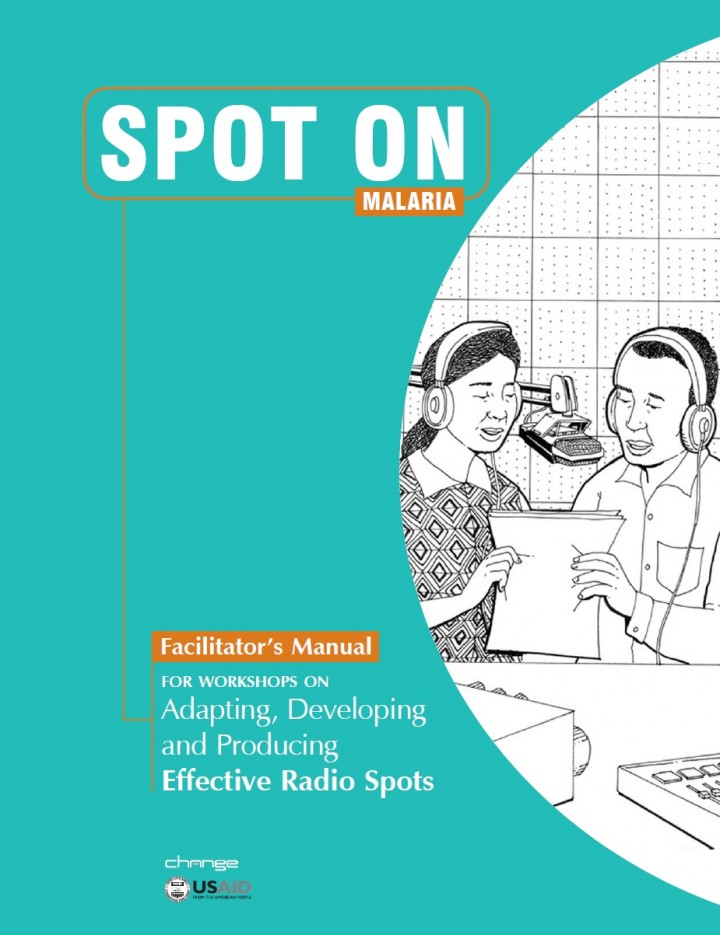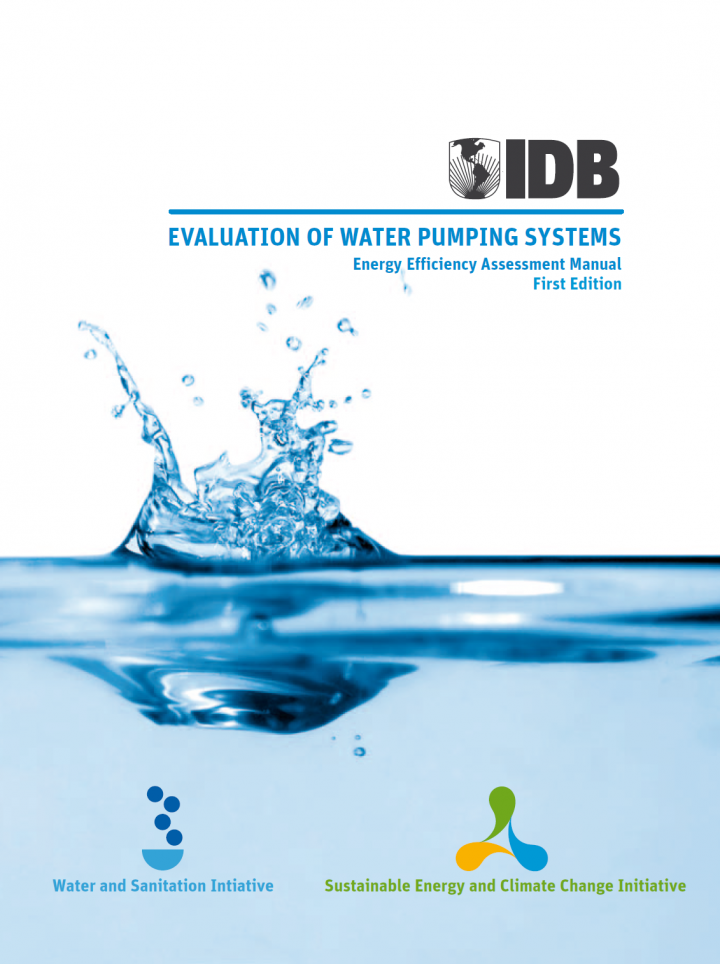Searching for information on Sanitation Workers?
The Sanitation Workers Knowledge + Learning Hub is the best source for all current news, trends, articles and updates on sanitation workers rights around the world.
Development organisations working in the WASH sector tend to focus on their preferred methodologies
for Hygiene and Sanitation (H&S) promotion, while the sustainability of an intervention depends much
more on how the methodology is implemented and whether an enabling environment is in place. In 2014,
Caritas Switzerland in Kenya started a learning and critical review process on how to …
The purpose of this guide is to support Plan International and its partners in developing or strengthening child friendly feedback mechanisms in humanitarian settings. The step-by-step guidance and accompanying tools help humanitarian teams to design and implement feedback mechanisms in collaboration with children, young people and communities.
Background: Hygiene promotion interventions are likely to be more effective if they target the determinants of handwashing behaviour. Synthesis of the evidence on the determinants of handwashing behaviour is needed to enable practitioners to use evidence in hygiene promotion programming.
Purpose: To identify, define and categorise the determinants of handwashing behaviour in domestic settings …
This sanitation roadmap was developed to address a gap in available guidance, tools, and case studies specifically focused on sanitation services. In this document, you will find a description of the scope and main differences between water and sanitation services; a step-by-step process for developing a WASH district roadmap focusing on sanitation service delivery; examples of some Agenda for …
The GIZ Programme WatSSUP operates on the nexus of humanitarian and development work and focuses on both refugee and host communities. The programme is implemented under the special initiative on forced displacement of the German Federal Ministry for Economic Cooperation and Development (BMZ) and implemented by GIZ in line with Germany’s commitment to international burden and responsibility …
The first ever World report on disability, produced jointly by WHO and the World Bank, suggests that more than a billion people in the world today experience disability.
People with disabilities have generally poorer health, lower education achievements, fewer economic opportunities and higher rates of poverty than people without disabilities. This is largely due to the lack of services …
In this study session we step back again from the main OWNP documents and processes to focus on learning and sharing. We will consider the importance of creating, learning and sharing new knowledge and best practice across the WASH sector and of using it effectively to meet the aims of the OWNP in Ethiopia. You will be introduced to examples of national, regional and local forums and events where …
This evidence paper looks at 10 areas identified collaboratively with UNICEF on which WASH can plausibly have a strong impact: diarrhoea, nutrition, complementary food hygiene, female psychosocial stress, violence, maternal and newborn health, menstrual hygiene management, school attendance, oral vaccine performance, and neglected tropical diseases. Together, these areas cover the most …
Standpipes that dispense water from utilities are the most common alternatives to piped water connections for poor customers in the cities of Sub-Saharan Africa. Fifty-five percent of the unconnected urban population relies on standpipes as their first water source. Other informal water providers include household resellers and a variety of water tankers and vendors, which are the first water …
In this webinar that was held on the 8th Decemeber, African national CSO WASH networks that have received catalytic funding from WSSCC to boost the sector, engage all the relevant stakeholders, including those from vulnerable populations, and strengthen platforms and processes which can be built upon further in the months that follow, shared their stories.
Objectives:
1. To provide a platform …
This session explores the changing nature of sanitation work from a global and historical perspective. It sets out to challenge misconceptions that sanitation work (including hazardous forms) is confined to the so-called 'Global South', or that the 'Global North' has found the 'solutions' to safe sanitation for all. Drawing on experience in India, Pakistan, the USA and Nigeria, the session …
Life skills-based hygiene education offers teachers the opportunity to help children obtain life skills by addressing hygiene issues. IRC is pleased to present this guidance document for the planning and development of life skills based education. It was prepared with financial support from UNICEF. It builds among others on the outcomes of the first life skills-based hygiene education workshop …
This document was prepared by the Humanitarian Programme Cycle Steering Group of the Inter- Agency Standing Committee (IASC). It is primarily for managers of organizations that prepare for and respond to humanitarian crises. It provides an overview of what needs to be done, when and by whom, to enable managers to allocate staff and tasks, sequence decisions and planning, and identify priorities.
*French with English translation*
This session examines the intersectional dimensions of sanitation work relating to gender, caste, class, race and age (including inter-generational change). The speakers cover particular challenges for women sanitation workers in India, Côte d'Ivoire, Madagascar and Senegal, and explore ways in which to visibilise often hidden or unseen working practices and …
A pre-recorded conversation between Dr Jen Barr and consultant, researcher and photographer Dr CS Sharada Prasad, who is behind many of the striking images used by international agencies to highlight the everyday lives of sanitation workers (especially those involved in manual pit latrine, septic tank, sewer, drain or dry latrine cleaning) across India.
In this recording, Dr Prasad reflects …
Jaleshwar Municipality is in Mahottari District, Madhesh Province of Nepal. It has a total of 12 wards and covers an area of 44.72 square kilometres. It shares its boundary with Mahottari District and Pipra Rural Municipality in the north, Sitamadi District of neighboring country India in the south, Matihani Rural Municipality in the east and Ekdara Rural Municipality in the west. According to …
This Manual, along with the complementary publication— Spot On Malaria: A Guide to Adapting, Developing and Producing Effective Radio Spots —is intended to help those working on malaria, particularly at the district or local level, use radio to deliver critical prevention and treatment messages to those not often reached by national-level programs.
The Guide may be downloaded in its …
Tilottama Municipality is in Rupandehi District, Lumbini Province of Nepal (MoLFM, 2016). The municipality was established on 8 May 2014. It has a total of 17 wards and covers 126.19 square kilometres of area. It is surrounded by Butwal Submetropolitan City in the north, Siddharthanagar Municipality and Omsatiya Rural Municipality in the south, Rohini River and Devdaha Municipality in the east …
As part of its Technical Cooperation "Energy Efficiency for Caribbean Water and Sanitation Companies," the Sustainable Energy and Climate Change Initiative (SECCI) of the IDB financed the development of a regional methodology to improve energy efficiency and maintenance of water companies in Latin American and Caribbean countries. This methodology, developed by the consulting firms Econoler …

